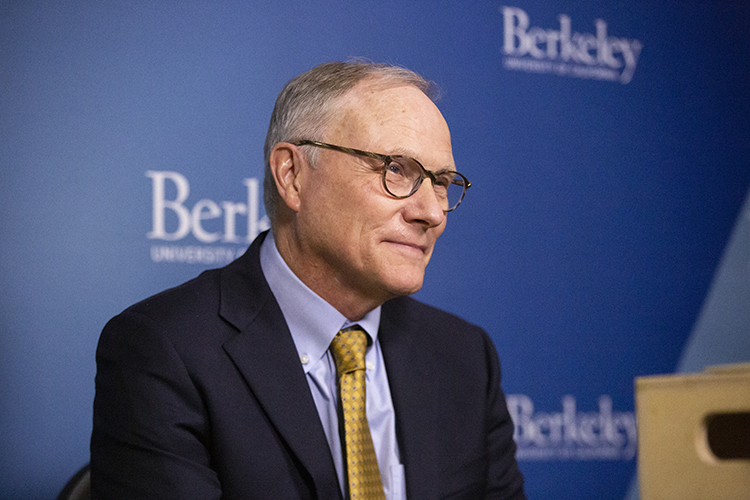
David Card has spent the last four decades expanding the frontiers of labor economics. Earlier this year, his lifetime of scholarly work culminated with the news that he was going to be awarded half of the 2021 Nobel Memorial Prize in Economic Sciences "for his empirical contributions to labour economics." More specifically, Card's pathbreaking work challenges orthodoxy and dramatically shifts our understanding of how social and economic forces impact low-wage workers. Throughout his distinguished career, Card has held multiple academic positions at some of the nation's top universities, including Columbia, Harvard, and the University of Chicago, among others. In addition to the Nobel Prize, Card's distinctions include the IZA Labor Economics Award, the Frisch Medal of the Econometric Society, and the John Bates Clark Medal from the American Economic Association in 1995, a prize which honors the top U.S. economist under age 40.
Card's passion for economics stretches back to his college days, when he first attended Canada's Queen's University in 1978 before enrolling at Princeton University. Card was drawn to the New Jersey campus for more than one reason. First, the Ivy League school boasts a well-earned reputation for having one of the finest economics departments in the world. Secondly, the University has a long-standing commitment to service, reflected in Princeton's informal motto: "Princeton in the nation's service and the service of humanity." Under the supervision of Orley Ashenfelter, Card completed a doctoral dissertation titled "Indexation in Long Term Labor Contracts." After five years at Princeton, Card received his PhD in economics.
Following his graduation in 1983, Card was in no hurry to leave Princeton, spending the next 15 years on campus balancing his roles as a teacher and researcher. It was during this fruitful time that Card worked on a paradigm-shifting paper that showed how New Jersey’s 1992 minimum wage increase was not responsible for hurting the economy (as many had claimed), and in fact it may have actually fostered job growth at fast food restaurants. These findings earned Card much attention in the 1990s, establishing him as one of Princeton's sharpest minds in economics. With news of his Nobel Prize, Card has now cemented his name in the University’s pantheon of great scholastic minds. Speaking to Card's award-winning work, Princeton University President Christopher L. Eisgruber cheered, "Princeton University congratulates alumni David Card *83… on this extraordinary recognition of [his] brilliant scholarship, which advanced the world’s understanding of important policy issues and basic principles of economics."
